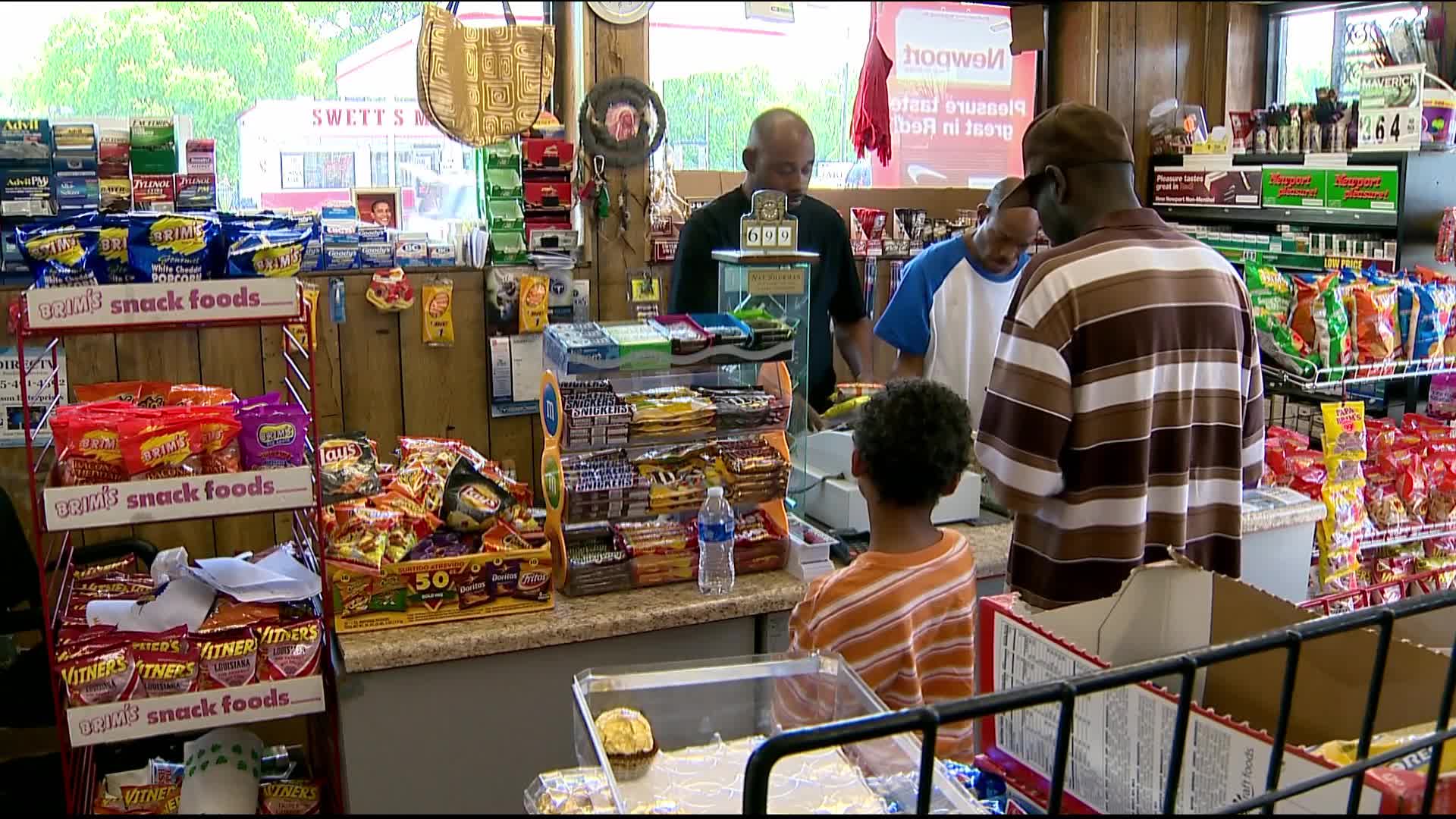NASHVILLE, Tenn. (WTVF) — More than 40,000 Davidson County residents live in food deserts — communities where healthy grocery options are scarce or out of reach, according to the Nashville Mayor's Office.
City officials are now turning to residents for help, planning to launch a public campaign asking for innovative, enduring ideas about how to bring community-focused grocery stores to areas that currently lack them.
"One of the fundamental premises of our work is that there is already enough food, right? In this country, we throw away something like 35% of the food, right? While one in seven Nashvillians, one in five Nashville children, don't have enough to eat," said C.J. Sentell, CEO of the Nashville Food Project.
Sentell leads a team that rescues excess food from grocery stores and farms, transforming it into nutritious meals for those in need. Beyond meal preparation, his organization has planted community gardens and launched South Nashville's only farmers market to bring healthy food closer to home, especially for seniors and families with children.
"We're then distributing to about 50 nonprofit partners at about 65 sites. So, we're doing between [6,000] and 7,000 meals a week," Sentell said.
The challenge extends beyond simple food availability. According to Sentell, areas lacking grocery access often face a compounding problem.
"Food deserts are often accompanied by what are called food swamps. And food swamps are places where there's nothing but fast, cheap calories available. So, food deserts and food swamps go together, really, in many cases," Sentell said.
Transportation and infrastructure barriers further complicate access to healthy food options for many Nashville residents.
The Mayor's Office of Economic and Community Development will release a Request for Information (RFI) in the coming weeks, seeking input from residents, community partners, and industry experts. The RFI isn't a formal proposal request but rather an open invitation for ideas to understand what's working, what's not, and how Metro can help improve food access across all neighborhoods.
"Unfortunately, it's not as simple as let's get a grocery store to come in, because if people can't afford the food, the grocery store is not going to last very long," Sentell said.
From mobile markets to farmers markets and fresh food in corner stores, finding sustainable solutions will require both innovative thinking and long-term commitment.
The Nashville Food Project is always in need of help — you can join them on July 29 for a virtual "First Taste" to learn more about our work. Register here [thenashvillefoodproject.org].
Volunteer with The Nashville Food Project here [thenashvillefoodproject.org].
This story was reported on-air by journalist Kelsey Gibbs and has been converted to this platform with the assistance of AI. Our editorial team verifies all reporting on all platforms for fairness and accuracy.

The news surrounding student loan repayment has been ever-changing over the last few years. When it comes to your money, confusion is never a good thing. Thankfully, Robb Coles helps us sort out the path forward. Check out his story for some practical tips and insight behind the latest changes.
- Carrie Sharp





